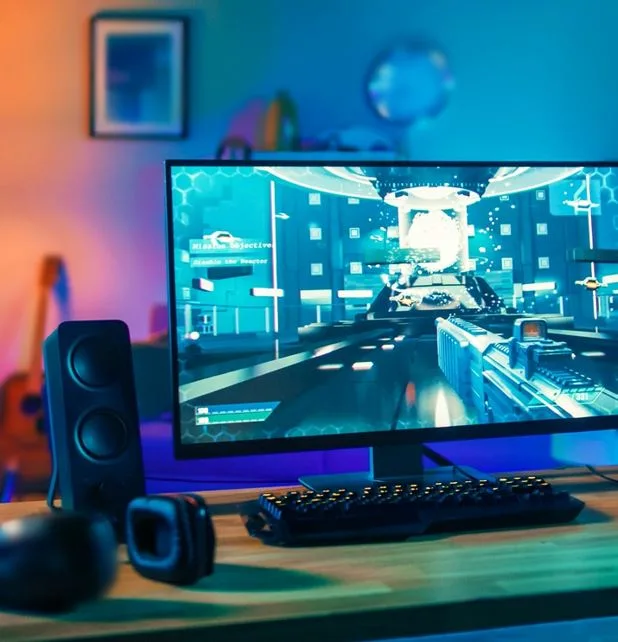Are Mods Becoming the Future of PC Gaming?
When people talk about PC gaming, one word always sneaks into the conversation: Mods. For decades, mods have been the secret ingredient that makes the PC games feel personal, unpredictable, and endlessly replayable. What started as hobbyists tinkering with files has now grown into a movement shaping the future of gaming itself.
In the early days, mods were almost underground. Games like Doom and Half-Life gave birth to entire communities of players who weren’t satisfied with just playing — they wanted to create. Over time, these small add-ons turned into full-fledged experiences, with some mods even becoming standalone games. Today, modding isn’t just a side activity; it’s part of the culture that keeps many titles alive long after their release dates.
Why are Mods the Right Hand of the Game?
In 2025, mods aren’t just about fun extras; they’re essential. They extend the lifespan of popular games, like Skyrim or The Sims 4, keeping them relevant even years after launch. Mods fix bugs developers never touched, improve graphics with HD textures, and add more features that players wish were there from the start. Accessibility tweaks, performance boosts, and UI improvements have become standard expectations in modding communities.
But it’s not just about upgrades; mods bring people together. Entire communities (like CurseForge) form around sharing, reviewing, and improving mods, turning games into platforms for collaboration.
Not every developer has the same relationship with mods. Some, like Bethesda or Mojang, openly embrace them, providing tools and even marketplaces for mod creators. Others see them as threats, restricting modding or attempting to monetize it. This tension sparks debates: should mods remain free fan creations, or should publishers profit from them?
Best Games where Modders are the King
There are many games you can’t even imagine without mods. Skyrim and Fallout are practically playgrounds for creators, with thousands of mods ranging from simple bug fixes to massive story expansions. Minecraft thrives on community-created worlds, shaders, and add-ons. And then there’s The Sims 4, where custom content and tools like the UI Cheats Sims 4 make everyday gameplay smoother and more flexible. For many players, these mods aren’t optional; they’re essential.
The Risks and Challenges of Modding
Of course, it’s not all smooth sailing. Mods can sometimes carry risks, like hidden malware in unofficial downloads. Game updates often break compatibility, forcing players to wait for mod updates. There are also legal and ethical questions: who owns a mod, the creator or the publisher? These challenges continue to shape the conversation about modding’s role in gaming.
Looking forward, the future of mods seems even bigger. Platforms like Steam Workshop and Nexus Mods have made discovering and installing mods easier than ever. With AI-driven tools on the rise, we may see mods that generate smarter NPCs or dynamic new environments on the fly. And while consoles are still behind, cross-platform support could eventually blur the line between PC and console modding.
Conclusion
Mods aren’t just a quirky add-on anymore; they’re central to what makes PC gaming unique. They give players freedom, creativity, and control in ways traditional updates can’t. As developers and communities continue to interact, one thing is clear: the future of PC gaming isn’t being written solely by studios — it’s being co-created by the players themselves.

